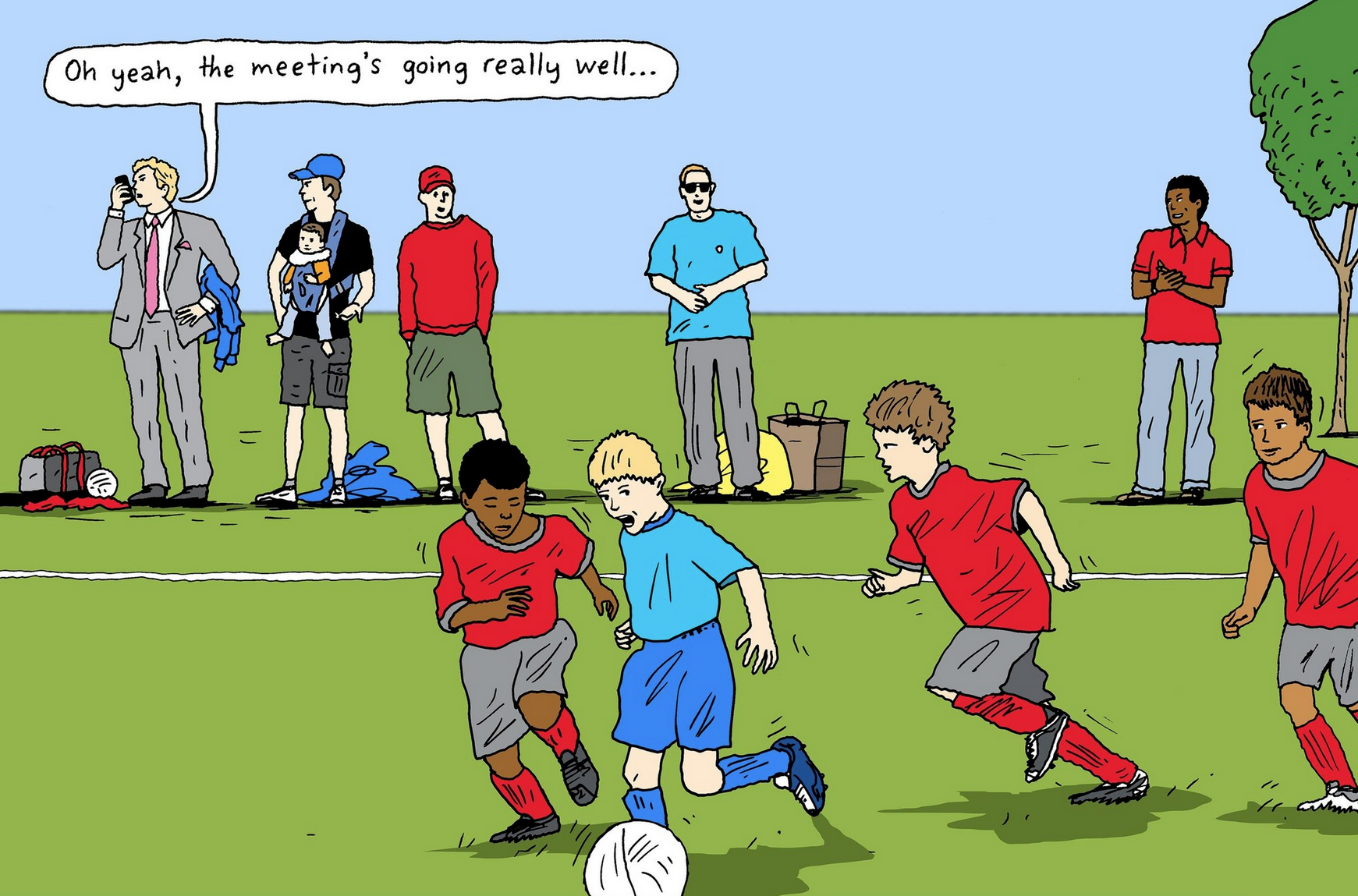Here’s a bit of new research I came across. It’s findings sound intuitively obvious, but I think it’s important to emphasize: The study found that valuing your time over the pursuit of money is linked to greater overall happiness. This finding highlights one aspect of a link between healthy personal values and psychologically healthy lives. I regularly see this in my work, and wish it would be more soundly emphasized by my fellow mental health professionals.
In the research, a series of studies of nearly 5,000 people was conducted by the University of British Columbia. It found that there’s a pretty even divide among people’s preferences for valuing their time vs. their money. Unfortunately — but not surprisingly, given our cultural view about what’s most “desirable” in life — only about half of the study’s participants said they valued their time over money. However, slightly more than half of the people were found to value their time over their money.
The important finding, however, was that the preference for giving priority to time over making more money was associated with greater happiness in life. And happiness, wellbeing, equanimity and psychological health are all interwoven.
The study is described in detail here, and was published in the journal Social Psychological & Personality Science.
Interestingly, the study also found that older people also were more likely to say they valued their time compared to younger people. This raises questions about the impact of age upon one’s values and overall life perspectives; and whether the shift in mentality and values hat occurs with increasing age can be supported and grown at earlier stages of life. Continue reading



















































